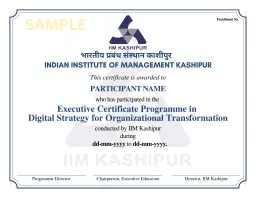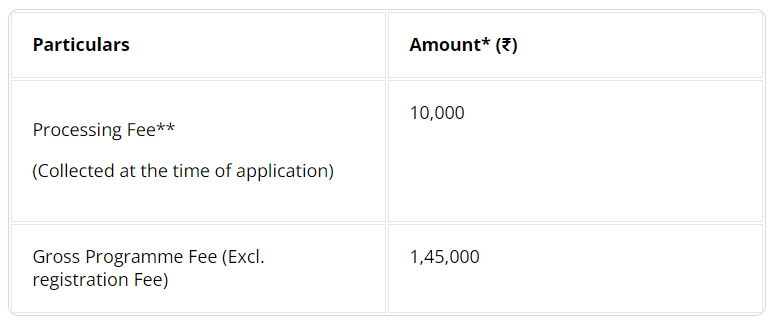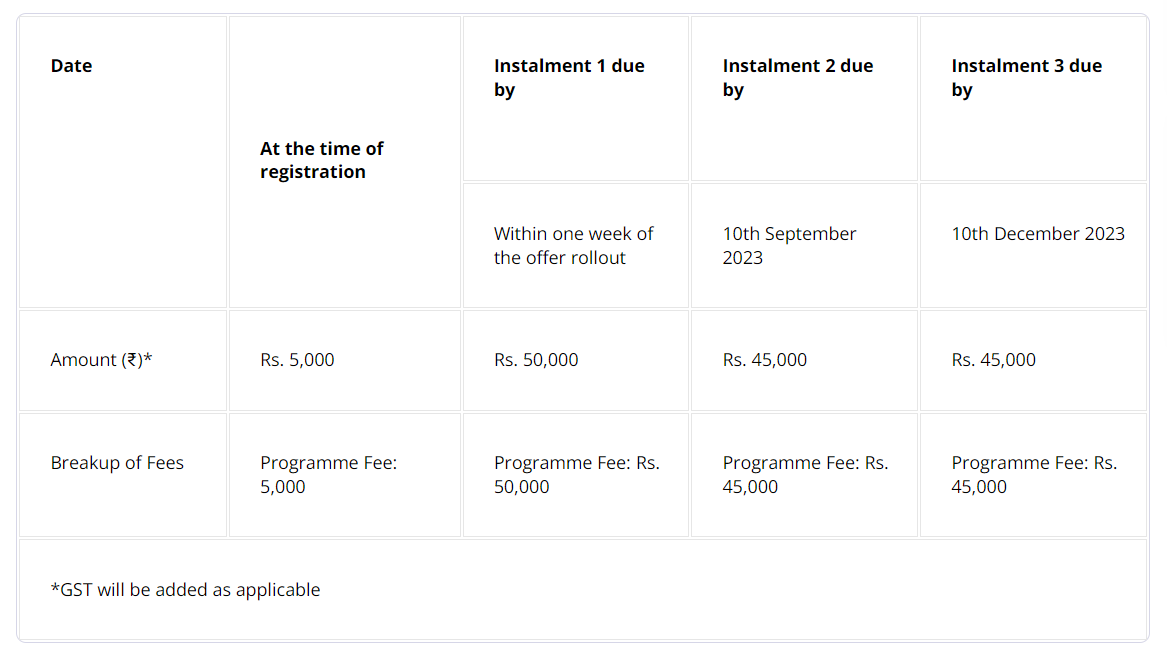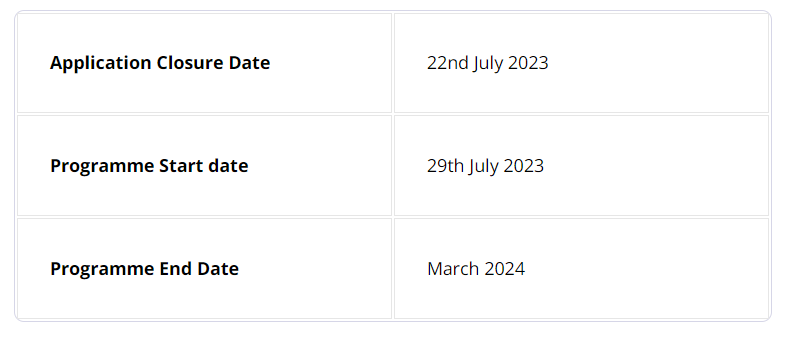Content
Check the course details of the applied financial risk management IIM Kashipur programme here
Introduction to Digital Transformation
- Key Concepts of Digital Transformation
- Focus Areas for Digital Transformation
- Key Components of Digital Transformation
- Limitations, Challenges, and Opportunities
- Five Domains of Digital Transformation
Strategic Management for Digital Transformation
- Digital Strategy & Business Transformation
- Drivers of Digital Strategies
- Use of Digital Technologies for Strategy
- Constructing a Digital Road Map and Strategy
A. Introducing Creativity and Innovation
- Design Thinking Concepts
- Dynamics of Innovation in an Industry
- Open Innovation
- Design Thinking, Process of Innovation
B. Innovate by Rapid Experimentation
- Experimentation is Learning
- Types of Experiments
- Principles of Experimentation
C. Business Model Innovation
- Demystifying Business Model Innovation
- Finding Right Business Model
- Business Model Frameworks
- Demystifying Product Innovation in Digital Age
Tools for Digital Transformation:
- Strategic ideation tools - Tools for Generating a New Solution to a Defined Challenge by Exploring Different Facets of a Strategic Phenomenon (Customer Network Strategy Generator, Data Value Generator)
- Strategy maps tools - Visual Tools that can be used to Analyze an Existing Business Model or Strategy or to Assess and Explore a New One (Platform Business Model Map, Competitive Value Train, Disruptive Business Model Map)
- Strategic decision tools - Tools with Criteria for Evaluating and Deciding among a set of Generic options available for a Key Strategic Decision (Disruptive Response Planner)
- Strategic planning tools - Step-by-step Planning Processes that can be used to Develop a Strategic Plan tailored to a specific Business Context or Challenge (Convergent Experimental Method, Divergent Experimental Method, Value Proposition Roadmap)
Leadership & People
- Traditional Leadership Views
- TShaping Digital Strategies through Leadership
- Leadership – Role & Impact
- Encourage an Adaptive Mindset
- Designing Adaptive Organizations
Introduction to Digital Technologies
- A Digital Enterprise – Technology at Core
- Cloud Computing & Data Management
- Communication Technologies
- Big Data Technologies
- Augmented Reality/ Virtual Reality
- Cybersecurity Technologies
- Artificial Intelligence
- Internet of Things (IoT)
- Blockchain
- Robotic Process Automation (RPA)
- Frontier Technologies
Digital Platforms Strategies
- Sharing Economy & Evolution
- Types of Digital Platforms
- Value of Digital Platforms
- Managing Digital Presence
Digital Supply Chains
- Enhancing Capabilities by Digital Technologies
- Digital Transformation of Supply Chains
- Frontiers of Digital Supply Chains
Digital Commerce and Marketing
- Going Digital with Marketing
- Digital Marketing Process
- Types of Digital Marketing
- Digital Marketing Analytics
Assessment of ROI
- Periodic Value Review and Dashboard
- Digital Maturity Assessment
- Adoption Issues and Implementation Challenges
- Measures Matters
- Prioritizing Value
- Moving from Projects to Products
Steps for Digital Transformation
- Understanding Business Landscape and Competitors
- Know the Infrastructure
- Focus on the Right Solutions
- Address Complications
- Empower Transformation Team
Organizational Readiness
- Critical Pathway Steps
- Enterprise Architect and their Roles
- Top Management Support
- Autonomous Teams and Collaborative Decision Making
Digital Efficiency and Change Management
- Planning and Managing Resources
- Skills Requirements for Digital Transformation
- Training for Digital Efficiency
- E-learning Technologies
- Enhance Personal Productivity
- Student Project Presentations

 Programme Start Date: 29th July, 2023
Programme Start Date: 29th July, 2023
 Certificate from IIM Kashipur
Certificate from IIM Kashipur
 Direct-to-device
Direct-to-device








